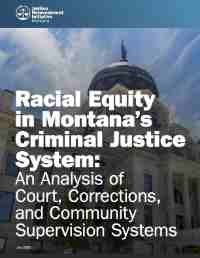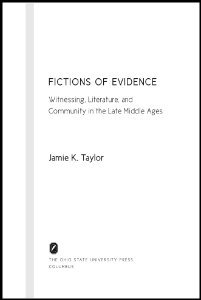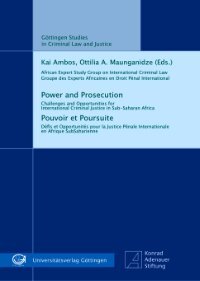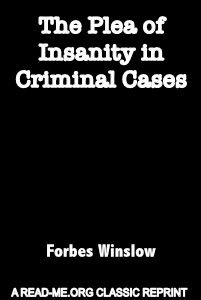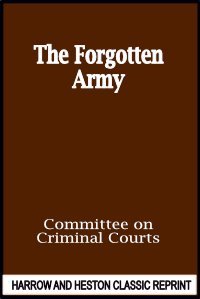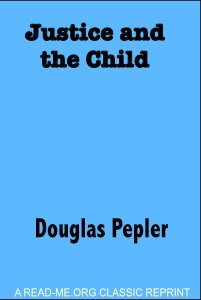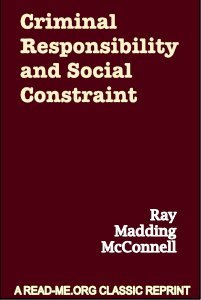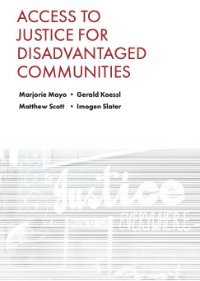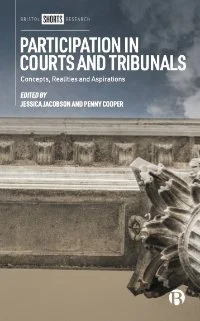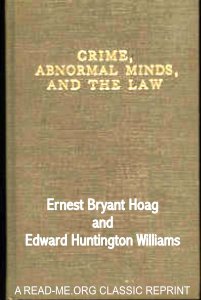By Joanna Carraway Vitiello
This book examines the administration of justice in the small northern Italian town of Reggio Emilia at the end of the fourteenth century. Through an examination of material from the judicial archives from the period 1371-1409, this study investigates the development of public justice, inquisition procedure, and dispute resolution in late medieval Reggio Emilia, also incorporating comparative material, especially archival material from Bologna at the end of the fourteenth century. This study seeks to add to the discussion on dispute resolution and court processes in late medieval Europe, moving the discussion outside the major urban centers of late medieval Italy to the periphery of urban life.
Leiden, Boston: Brill, 2016. 232p.



